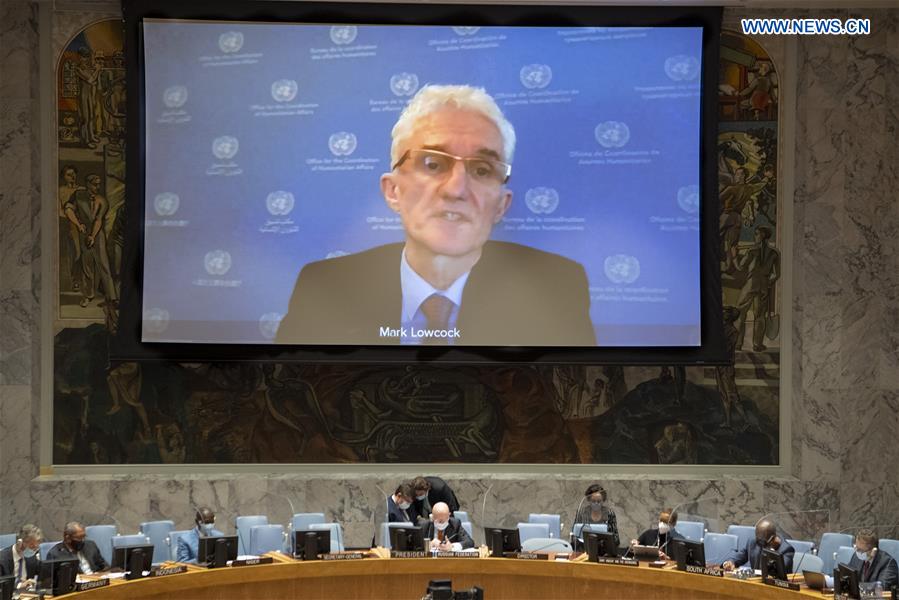Lack of funding cripples aid operations in Yemen: UN humanitarian chief
Xinhua | Updated: 2020-10-16 09:35

UNITED NATIONS - UN Undersecretary-General for Humanitarian Affairs and Emergency Relief Coordinator Mark Lowcock on Thursday told the UN Security Council that the funding shortages for Yemen Humanitarian Response Plan mean that more key programs are at risk of shutting down.
"Since my last briefing, funding for the Yemen Humanitarian Response Plan has increased from 30 percent to 42 percent. That is obviously to be welcomed. But this time last year, the response plan was 65 percent funded," said the UN humanitarian chief, noting that "funding shortages still mean that more key programs are at risk of shutting down."
"Just last week, the Food and Agriculture Organization was forced to close a livestock vaccination program that was serving 3 million rural families," he said.
"Aid agencies are now reaching only about 9 million people a month in Yemen - that's down from more than 13 million at the start of the year. What is to be the fate of the 4 million we no longer have the money to help?" Lowcock asked.
"I said earlier that the window to prevent famine in Yemen is closing. Increasing support for the response plan, starting with fulfilling unpaid pledges but also increasing support back to last year's levels, is the fastest way to help," he said.
Fifteen of 41 major UN humanitarian programs in hard-hit Yemen have already been reduced or shut down and more will be affected in coming weeks unless additional funding is received, according to a report posted by the UN Office for the Coordination of Humanitarian Affairs on its website on Oct. 7.
In Yemen, 80 percent of the population is dependent on aid, but UN data has revealed billions of dollars in funding shortfalls this year alone. The World Food Programme also estimates that more than 66 percent of people in Yemen are considered "food insecure."
























